Dearest reader,
thank you for reading this newsletter!
I have become an unreliable person. While we are all unreliable narrators of our own stories, I used to consider “reliability” one of my core strengths, both in my personal and professional life. Of the many things my set of chronic conditions has taken from me, I have been struggling to accept this new reality: As much as I might want to, because of crashes, bad nights, or countless other reasons, I frequently - more often than not! - have to change or cancel plans, I arrive late, forget agreements, or mix up times/distances/dates/public transport stops.
Case in point: I had an appointment with my physiotherapist earlier this week. After not seeing them for all of last week because of bad stomach pain and cramps etc., my body was looking forward to it. All morning was structured around that appointment for which I would have to leave my place just before 12, my lunch time. As I was having some (early) lunch (=fast food), I realized that I hadn’t yet packed my calendar (yes, it’s still a paper calendar; I never particularly liked digital ones, and with Long Covid, it’s better for me having to put pen/pencil to paper). Only to realize that my session started at 12! Apparently, if I have two appointments for the same type of plan, say physiotherapy, my brain can only handle one time, not two different times. I have a second one scheduled at the end of the week, at 12:30 pm. Before Long Covid, I barely used calendars since I could recite their content pretty much by heart. Now, unless I triple check, chances are that I will make an error.
This cognitive impairment might sound minute to some, but for me it has been an enormous and unexpected challenge.
Sleeping curiosities and habits
Unlike reliability, sleep has never been my strong suit. As a kid, I never (with the odd exception) fell asleep in front of the TV. However, my parents and brothers usually did, which led to me glimpsing upsetting scenes of horror movies that stayed with me for at least a decade to come.
Beginning around my mid-20s, my sleep started getting worse. Always highly sensitive to any sensory impression, I started wearing sleeping masks and experimented with different types over the years; the more light they blocked, the better for me. Same goes for ear plugs. I could never sleep with a clock tick-tocking away in the same room. If I couldn’t get rid of it, I’d take out the batteries or hide the clock in a closet under some blankets to muffle the sound. (I cannot even have my watch with a second hand on my bedside table. The sound might not register for other sleepers, but it does for this lucky gal.) ⏰⌚🕰️🙉
Over the years, I have read countless books, articles, and studies about the topic: about sleep hygiene, insomnia in women, the “right” bedding/pyjamas/essential oils/food/etc., sensory processing challenges, shakti mats, yoga for sleep, when to catch some sunlight for optimal sleep, and the list goes on. I worked with different therapists, talked to different doctors, tried the teas and the poses and the night time stories. At times, one or a combination of these methods works and I can get an okay night of sleep.
What does a really good night’s sleep feel like? I have no idea. I’m sure I’ve experienced them, but they lie so far behind me, I cannot remember. People who can fall asleep pretty much anywhere? I am fucking jealous. That is a superpower.
Long Covid & Sleep
Because of Long Covid, and in particular my second infection in October 2023, my sleep has gotten significantly worse. I still have a handful of days, or possibly even two weeks, of good (for me! - standards and comparisons of these things make only sense with my own data and experiences) sleep, usually after several weeks of abyssmal sleep. And yes, before you ask, it’s all of the above: It takes me a long time to fall asleep, I will wake up during the night, and early in the morning, unable to go back to sleep, no matter how shitty the night. Bonus: I cannot sleep during the day, either (with the odd exception). My naps after lunch are an integral part of my “self-care”, but I am conscious the whole time; if I don’t nap, I will feel much worse.
Public Service Announcement
If you meet someone who, let's say, has sleeping problems, STOP yourself from offering UNHELPFUL ADVICE!1 My guess is that person did not ask for advice. And they probably have been dealing with this issue for a while; hence, they might already know a thing or two, have tried a thing or ten. So please: Keep your pie hole shut!
It is exhausting to share one’s struggles only to receive unsolicited - and, let’s be honest, generally not great - advice. Too many of these uncomfortable situations have happened to me; sometimes I call the person out (only to have to deal with them getting upset because they just wanted to help), but more often than not, I say nothing and let my annoyance simmer in my little memory pot, where these moments end up, - because I worry too much about my opposite taking it the wrong way.
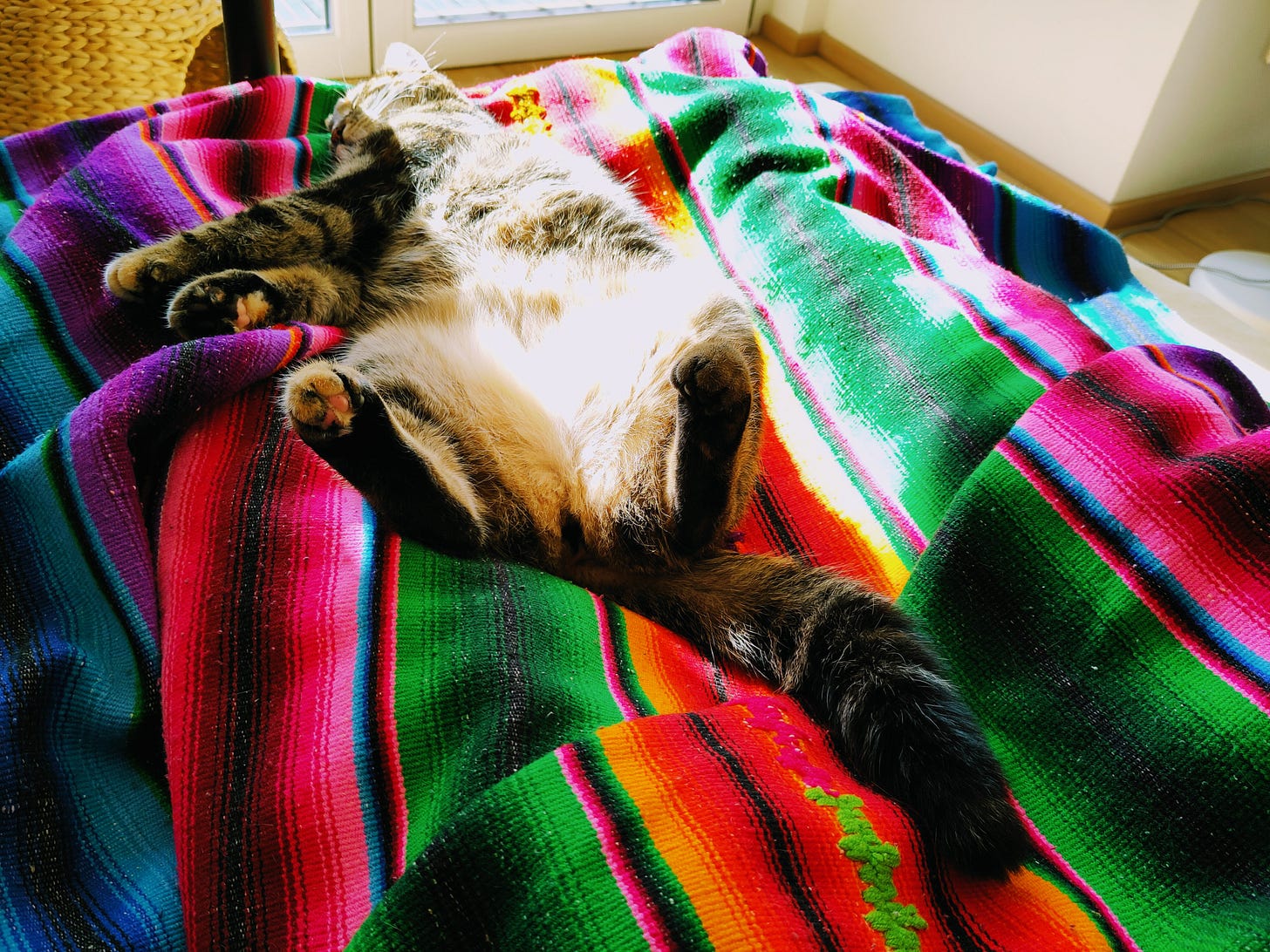
Sleeping Habits
After my little PSA and glimpse into my completely fucked up sleep patterns, I come to the reason I wanted to write about sleep and sleeping habits to begin with. Somehow, the [insert correct term for you personally; universe/goddess/god/giant spaghetti monster/a computer scientist] threw some sleep-related content my way this past week that I felt a strong urge to share (and pick apart). Maybe it was simply as a cruel way to remind me of my poor sleep, that sometimes even strong pills won’t do the trick, and there’s no “magic” method out there…
Bedding Scandinavians
Have you heard about “The Scandinavian Sleep Method”? When I stumbled across this yet unknown gem - maybe the end to some of my night time woes?? - I was intrigued. I followed the link and…was disappointed. According to apartment therapy, this particular, if not revolutionary(!??) method simply describes the practice of using two regular duvets in bed instead of one big one to share with a bedmate.
Check out the full article by following this link: “The Scandinavian Sleep Method”.
As I learned, this has become a trend and could possibly safe the lives of countless marriages! Though spoiler alert: I don’t think it’ll make that much of a difference, because we’ve been using “The Scandinavian Sleep Method” in Austria, as well as other European countries, forever and it doesn’t show in the numbers. It was quite a let-down to realize that, well, duh, of course you should have two blankets and of course that will lead to more restful sleep (except in my case). Different people have different senses for temperatures and “hogging the blanket” is not a phrase I could easily translate into German.
Here’s another one that I shall call “The Austrian Sleep Hack”: You can get two individual mattresses, too! (Unfortunately, this is not a sponsored post.) Say whaaat??? If you regularly share a bed and one person is a light(er)/restless sleeper - consider your relationship saved. Just imagine: the firmness of a mattress that works perfectly for you (and the same goes for the occupied other half of the bed). You deserve it and you are welcome.
Again, not a revolutionary idea for me because we have been doing it this way in Austria for a while, but if this does become a trend, I would like to receive credit for my little part in it.
An area where I cannot, or rather do not want to, lend my expertise is when it comes to “how it looks”. Imagine my surprise, or naivety (?), when apartment therapy pointed out that looks matter in this matter, too. What might a guest think if it is easy to spot that you have two duvets (let alone two mattresses! the scandal!)? If you decide to adopt “The Scandinavian Sleeping Method”, you ought to create a “cohesive look” and “disguise any unwanted lines from double duvets”. I don’t even know how to respond to that, except to say:
My sleep still hasn’t improved. But to ensure that it’s worthwhile for you to finish reading this text, here’s an actual pro tip for a healthy sleep environment:
Air out your mattress(es) every day, i.e. don’t listen to “morning-hack gurus” who will tell you that if you make your bed right after you get up, it’ll make the whole day a success. No, it’ll only make your mattress(es) store a lot of moisture which fosters the growth of mold and bacteria, etc. and possibly a certain scent. Not so good. (Same goes for blankets, pillows, etc.)
Make your bed later in the day so you can lie in it (without worrying about organisms starting to grow behind your back). You’re welcome. 🧑🏫 🧫 🧑🔬
Words that remain
Glimmers
Glimmer: a micro moment of joy, awe, hope, safety; opposite of trigger
😓🛌🍵 When my stomach ache and cramps finally subsided after almost a week 🩷
🌱🍲 Fresh herbs from my balcony ❤️
🎂🍪 My mom visiting and bringing (among other things) TWO types of cake 🩷🥰
A question that remains…
How has your sleep been lately? If the answer is bad, have you tried yoga? ✨✨✨
Unless you are, unexpectedly, a sleep expert. In this case, please have your credentials handy.




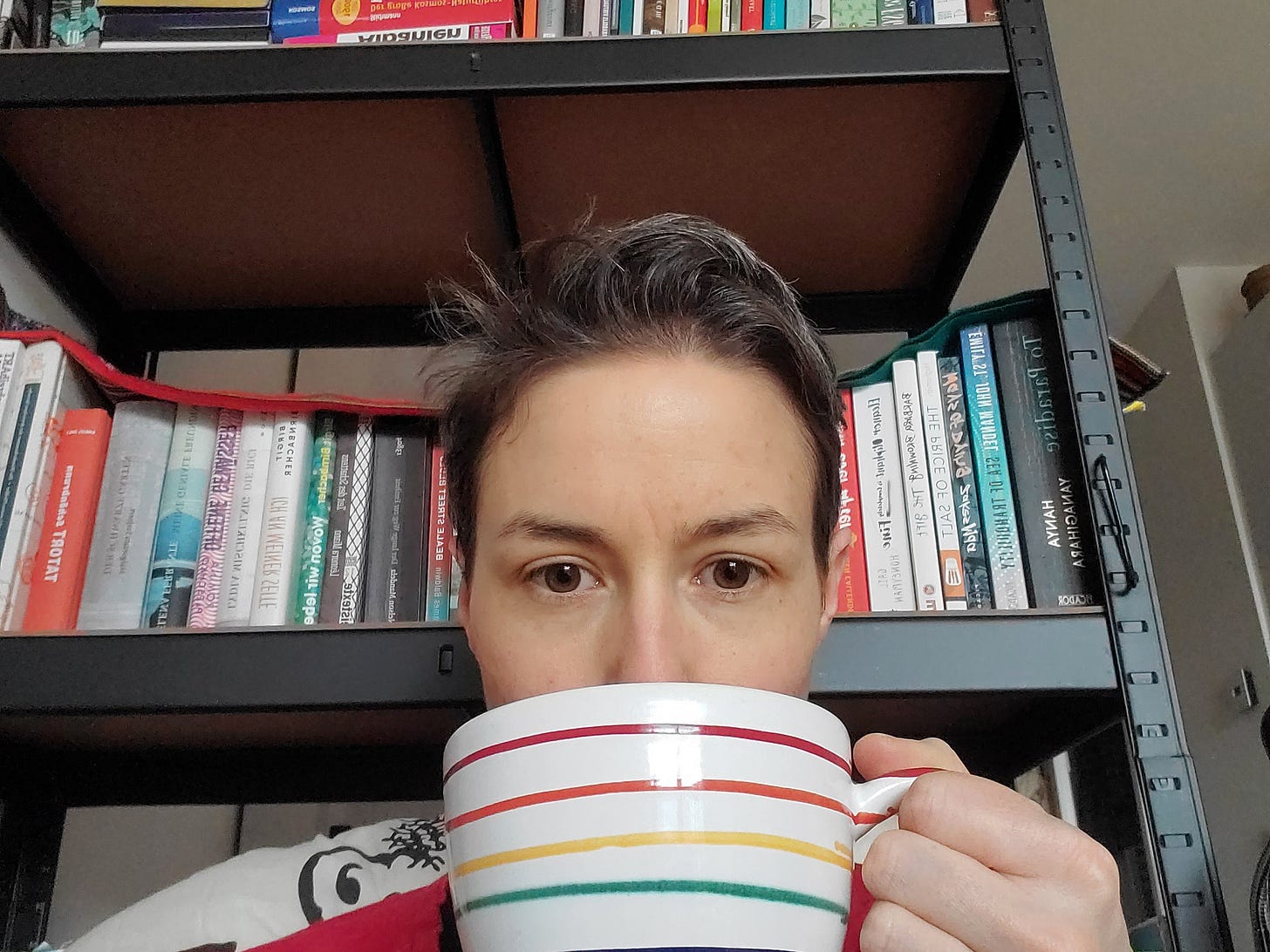

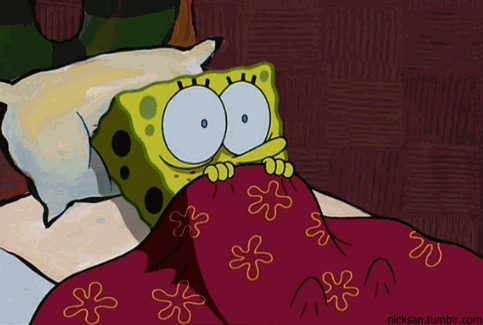

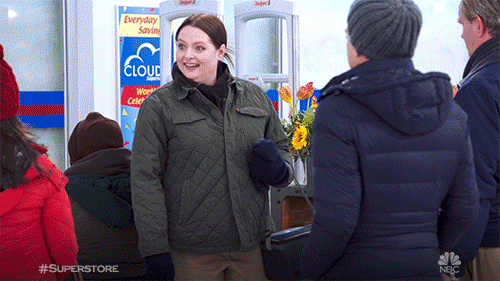
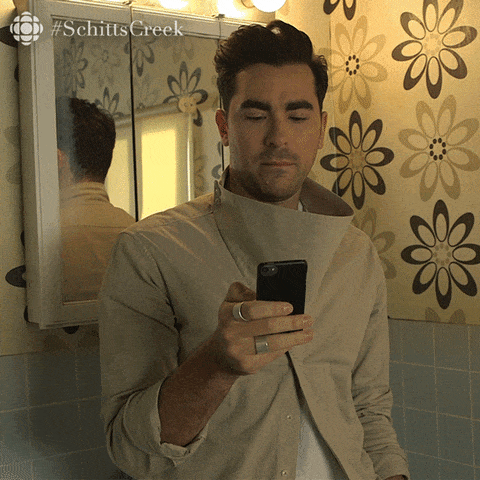


Ditto from what Melanie said below. Hugs from a very windy and cold AZ.
Another really good post. I love how you insert humor into your writing about such a difficult (and not very funny) situation. We are doing what you recommended with the sheets! Who knew? Thanks for your honesty and insights. Sending love.